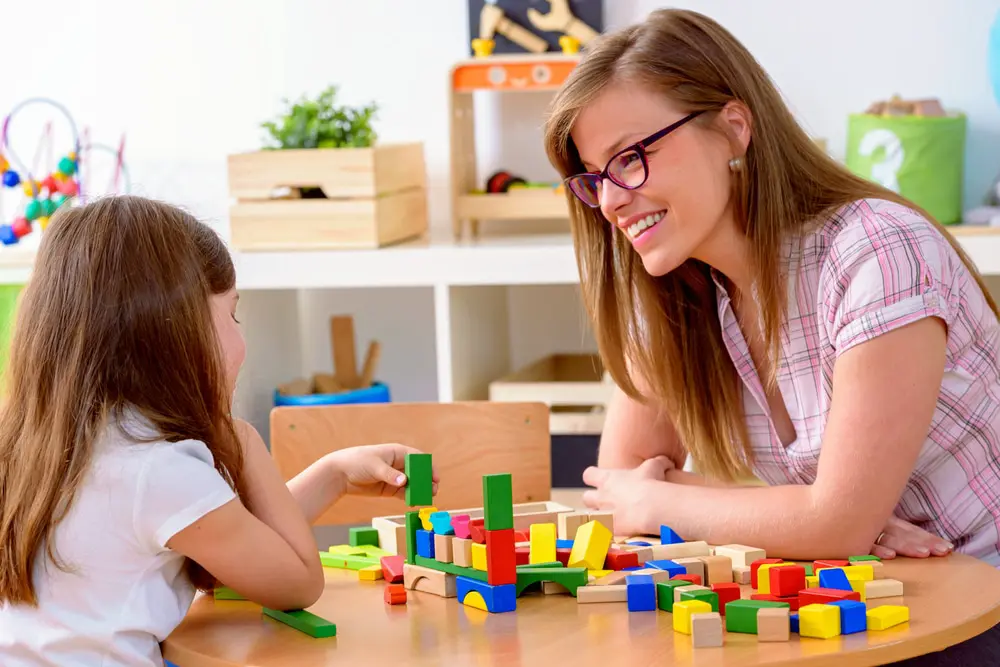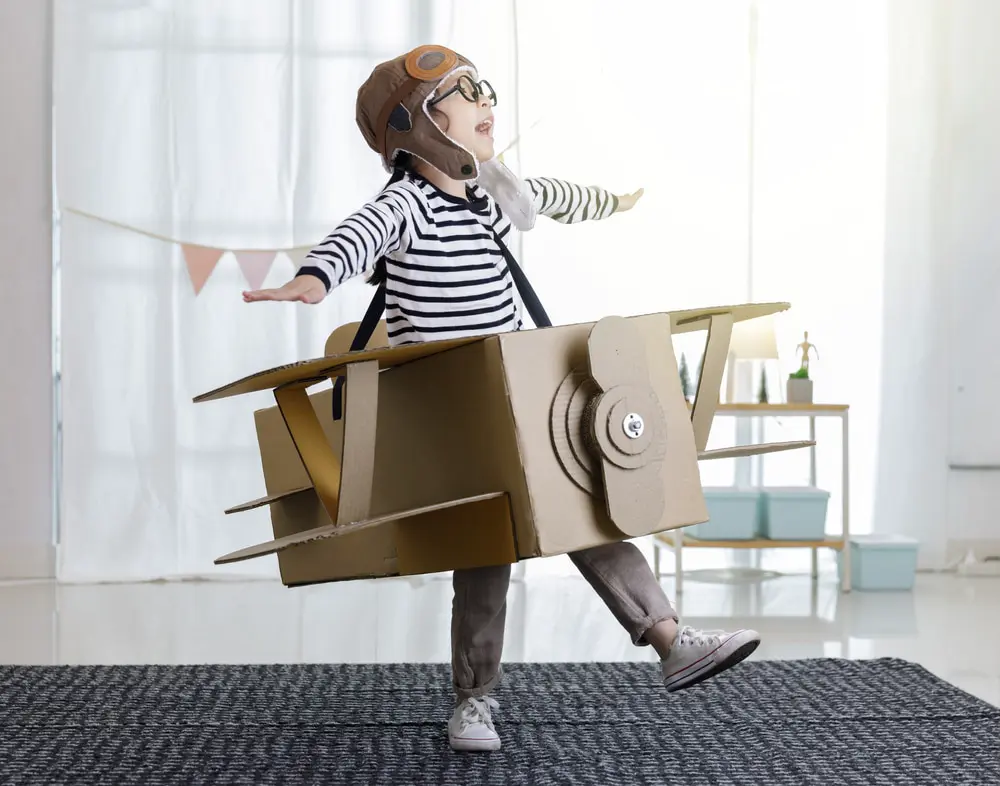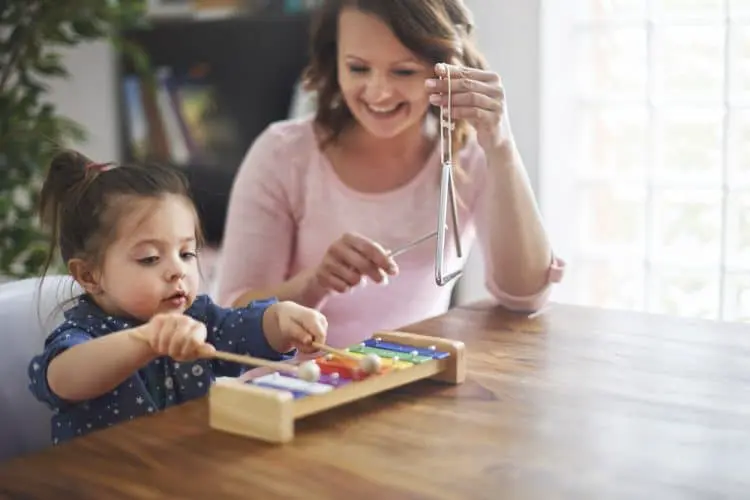Play is more than just a fun activity; it’s a vital component of play and child development. Engaging in play allows children to explore their world, develop essential skills, and build the foundation for a healthy life. From cognitive growth to social interactions, the role of play in child development cannot be overstated. This article delves into the multifaceted benefits of play and underscores why it should be an integral part of every child’s daily routine.
The Essence of Play
Play is a spontaneous and enjoyable activity that children engage in, driven by their natural curiosity and desire to explore. It encompasses a wide range of activities, from imaginative games to physical challenges, all contributing to various aspects of development. Through play, children make sense of the world around them, experiment with different roles, and learn to navigate complex social landscapes.
Cognitive Development Through Play
Engaging in play stimulates cognitive processes such as memory, attention, and problem-solving. For instance, building with blocks or solving puzzles enhances spatial awareness and logical reasoning. Imaginative play, where children create scenarios and stories, fosters creativity and abstract thinking. These activities lay the groundwork for academic skills and a lifelong love of learning. The link between play and child development is particularly evident here, as children learn by doing—and play gives them that chance.

Social and Emotional Benefits
Play provides a platform for children to develop social skills and emotional intelligence. Through interactions with peers, they learn communication, negotiation, and empathy. Role-playing games allow children to experience different perspectives, fostering understanding and compassion. Additionally, play helps children manage emotions, cope with stress, and build resilience, contributing to overall mental well-being.
Physical Development and Health
Active play is crucial for physical health, promoting motor skills, coordination, and strength. Activities like running, climbing, and dancing not only improve physical fitness but also instill healthy habits that can prevent obesity and related health issues. Moreover, physical play enhances fine motor skills essential for tasks like writing and self-care. The connection between play and child development is especially strong in outdoor activities, where movement and exploration go hand in hand.
Language and Communication Skills
During play, children often engage in conversations, storytelling, and negotiations, which enhance their language and communication abilities. They learn new vocabulary, sentence structures, and the nuances of verbal and non-verbal communication. These skills are foundational for academic success and effective interpersonal relationships. Whether it’s a make-believe tea party or a treasure hunt, play and child development are tightly linked through the language-rich environment that play naturally creates.
Encouraging Creativity and Imagination
Play allows children to make choices, set goals, and navigate challenges, fostering independence and decision-making skills. Whether deciding the rules of a game or figuring out how to build a fort, children learn to think critically and take initiative. These experiences build confidence and prepare them for real-life situations where they must rely on their judgment. This aspect of play and child development is key to raising capable and confident kids.

Encouraging Creativity and Imagination
Through play, children explore new ideas, experiment with different scenarios, and express themselves creatively. Whether it’s drawing, building, or role-playing, these activities encourage imagination and innovation. This creative exploration is not only enjoyable but also essential for cognitive flexibility and problem-solving abilities. The freedom to create without judgment is a huge driver of growth in both play and child development.
Building Social Connections
Play often involves collaboration with others, teaching children how to work in teams, share, and resolve conflicts. These social interactions are crucial for developing friendships and a sense of belonging. Through cooperative play, children learn the value of cooperation, fairness, and mutual respect, which are vital for healthy social relationships. These social skills are deeply rooted in the dynamic between play and child development.
The Role of Adults in Facilitating Play
While play is inherently child-driven, adults play a significant role in facilitating enriching play experiences. By providing a safe environment, appropriate materials, and ample time, parents and educators can support various forms of play. It’s also important for adults to recognize the value of play and advocate for its inclusion in educational settings and daily routines. By championing the importance of play and child development, adults help ensure that children receive the support they need to thrive.
Balancing Structured and Unstructured Play
Both structured and unstructured play are important. Structured play includes guided activities like sports or music lessons, while unstructured play gives kids the freedom to create and explore at their own pace. A healthy balance ensures that children benefit from both discipline and creativity. When we think about play and child development, variety is key to fostering a well-rounded growth experience.
Incorporating play into a child’s daily life is not just about entertainment; it’s about nurturing their development in a holistic manner. The benefits of play in child development are vast, impacting cognitive, social, emotional, and physical domains. By recognizing and supporting the importance of play, we can provide children with the tools they need to thrive and lead fulfilling lives. So next time your child dives into a game of pretend or builds a castle out of couch cushions, remember—they’re not just playing, they’re growing.
Do you want to learn more on all things related to child and parent nurture? Just visit our Nurture category and read on!



